A Second Home Might Be the Missing Piece in Your Retirement Plan
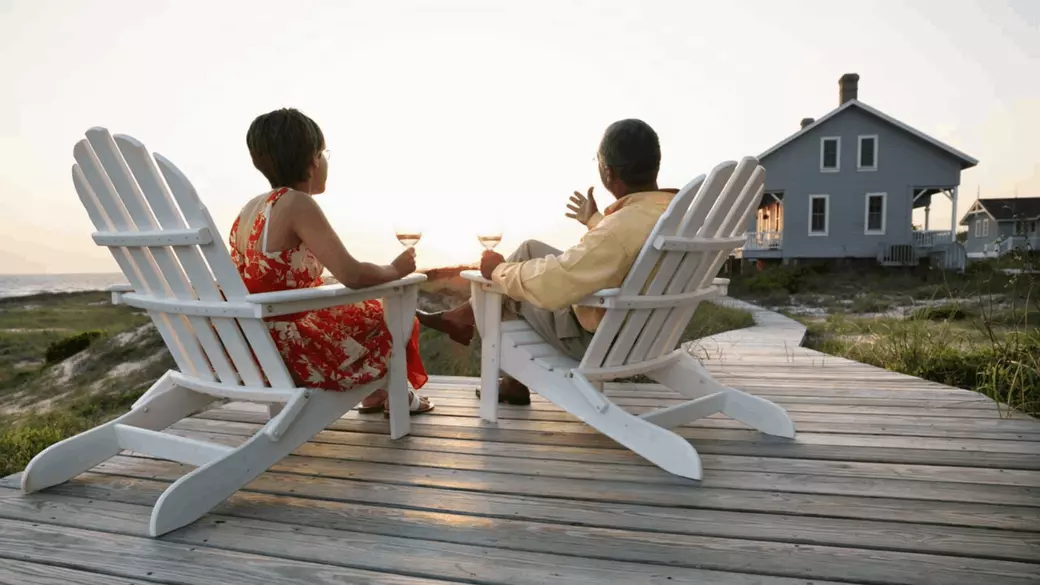
Picture this: it’s early morning. You sip coffee on the porch of your lakeside retreat, breathing in fresh air, away from the city buzz. No packing, no hotel search, just the comfort of your own getaway. Sounds dreamy, right?
That’s exactly why adding a second home to your retirement plan might be more than just a luxury — it could be a strategic move. Here’s how it might fill in gaps in your plan — and also what to watch out for.
✅ Why a Second Home Can Be a Smart Move
1. A built-in vacation spot with zero waiting
Retirement is your time. You deserve flexibility and spontaneity. Having your own retreat means no booking hassles or surprises.
2. Potential for rental income
If you rent it out during seasons you’re not using it, that extra cash can help cover maintenance, taxes, or even mortgage payments. (Just make sure you understand local rules/regulations first.)
3. Asset diversification beyond stocks and bonds
Real estate is a different kind of asset. It doesn’t always move with the stock market. If it appreciates, that’s a welcome bonus.
4. A transition option or future primary home
As mobility changes or as you phase into retirement, your second home could become your main base. Think of it as a long-term “soft landing” strategy.
⚠️ But It’s Not All Sunshine & Chill — You Need to Be Realistic
-
Ongoing costs are no joke.
From property taxes, insurance, utilities, to repairs and HOA fees — these costs can add up fast. -
Liquidity & opportunity cost
Tying up capital in real estate reduces flexibility. What if a medical expense or business opportunity comes up? Also, sometimes your money might have grown faster in other investments. -
Management & headaches
If you're not local, dealing with renters, repairs, cleaning, or property managers can become a hassle. Many owners underestimate how much time and effort it takes. -
Regulations, taxes, and local rules
Rental rules, zoning, short-term rental restrictions — these vary greatly by place. Also, tax benefits (like mortgage interest deductions) may be limited depending on your country’s rules.
🛠️ A Simple Framework to Think Through It
| Question |
Why It Matters |
|---|---|
| Can I afford both the purchase and the ongoing costs (without stretching retirement income)? | Don’t let maintenance drain your comfort later. |
| Will I realistically use it enough (or be able to rent it well)? | It’s only worth it if it doesn't sit empty most of the year. |
| Am I comfortable with remote property oversight or hiring local help? | The “out-of-sight” factor can bite you if you’re not careful. |
| How does it fit into my long-term plans (mobility, health, relocation)? | What works now might not work 20 years from now. |
If it checks out, your second home can become more than just a getaway — it becomes a piece of your retirement puzzle.
📞 Want to Explore This More?
If you’re curious about whether a second home is right for you, or want help running numbers for your specific situation, let’s talk. You can book a free consultation with me anytime (yes, seriously — I love these chats).
Your retirement should feel freeing — not full of regrets or what-ifs. A well-chosen second home might be just what’s missing.
Categories
- All Blogs (291)
- All about Boston (49)
- Buyer Tips (137)
- December Home Maintenance and Safety Tips (1)
- FUN Facts (10)
- Home Décor Ideas (25)
- Home Improvements (1)
- Home Maintenance and Safety Tips (14)
- Infographics (10)
- Investing (80)
- Monday Motivation (6)
- Real Estate (85)
- Seller Tips (103)
- Storage and Organization (8)
- The Open Door Podcast (2)
- The truth about Real Estate (135)
- Tips (83)
Recent Posts

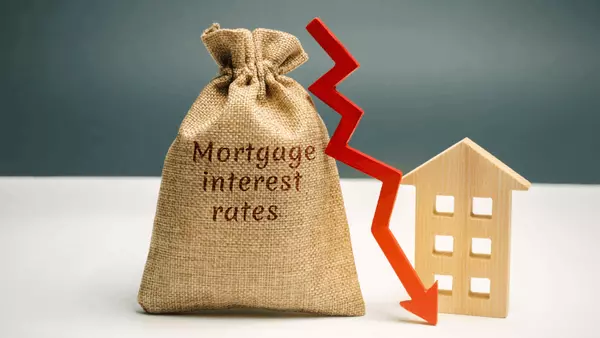


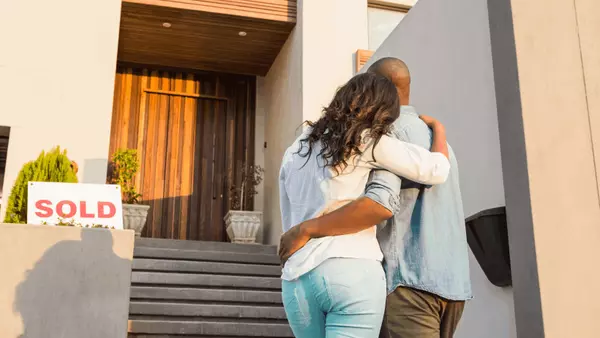
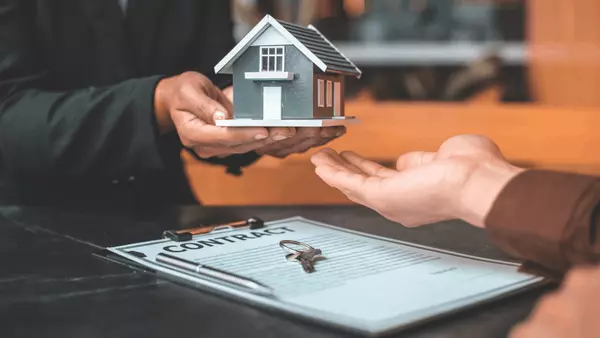
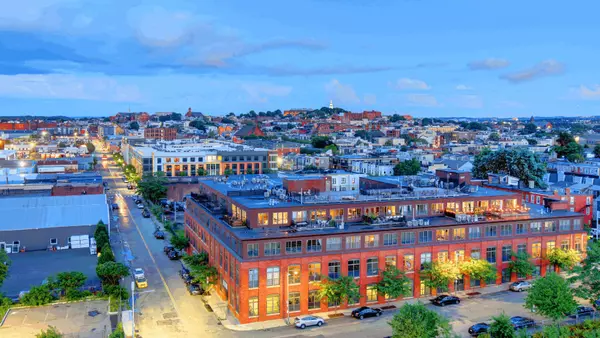
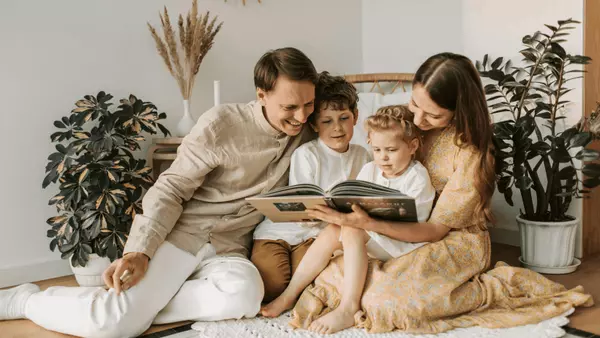


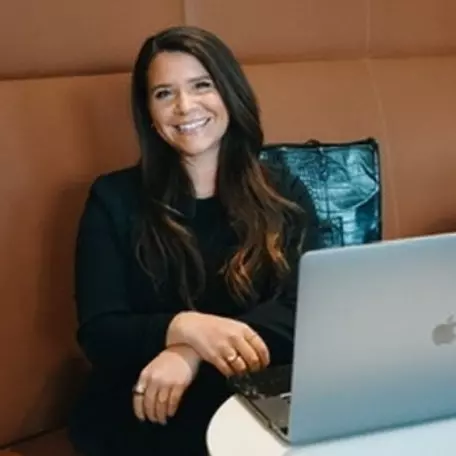
"My job is to find and attract mastery-based agents to the office, protect the culture, and make sure everyone is happy! "
